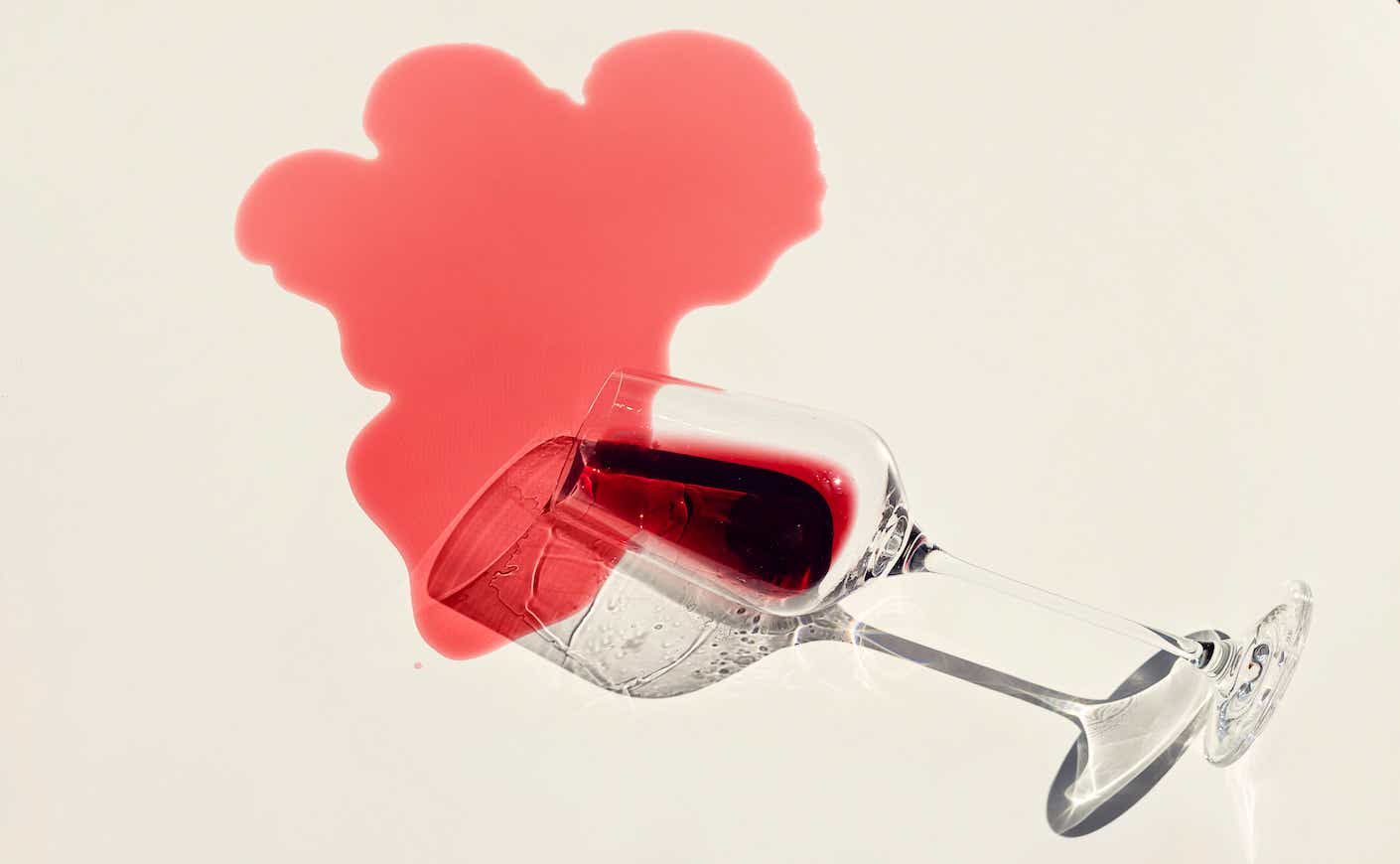After being diagnosed with breast cancer in the summer of 2022, I was stunned, of course. But then I did what comes naturally to me as a reporter: I tried to find out everything I could. I talked to a host of experts to understand what was going on in my body and make sure I was being proactive about staying healthy.
I’ve always been interested in nutrition so I have to admit I geeked out when I met with nutritionist Emily Buchholtz, RD, CDN, CSO. She’s the oncology dietitian at NewYork-Presbyterian/Weill Cornell Medical Center, and she’s spent years working with cancer patients to revamp their lifestyle — which typically includes an assessment of alcohol consumption.
I wanted to offer you all the chance to capitalize on Buchholtz’s knowledge, so I called her up for a chat. If you’ve been diagnosed with any form of cancer, are in remission, or just want to better understand this thorny and terrifying disease, I highly recommend reading her thoughts on what foods to avoid and just how much you should limit or change your drinking. Because there’s never a bad time to get a heaping helping of valuable information.
Katie Couric: Let’s talk about alcohol, shall we? We’ve seen this conversation go all over the map, and the recent information that I’ve read says that any alcohol is bad for you.
Emily Buchholtz, RD, CDN, CSO: There is also a Canadian study that identified alcohol as one of the top reasons people develop cancer.
Let’s unpack everything we know about alcohol. Alcohol includes beer, wine, champagne, hard liquor, etc. There is a chemical compound in alcohol called acetaldehyde. When you drink alcohol, your body breaks it down into a chemical called acetaldehyde. When we digest that, it creates an inflammatory response. That inflammation creates DNA damage, which makes a higher likelihood of cancer. The more DNA damage we create in our body, the higher likelihood of cancer cell development. I believe alcohol consumption is now linked to seven different types of cancer. The American Institute for Cancer Research recommends no more than seven drinks a week for women and no more than 14 drinks a week for men.
Does alcohol worsen or lead to certain types of cancer more than others?
Evidence indicates that the more alcohol a person drinks on a regular basis, the higher his or her risk of developing alcohol-associated cancer. Studies show that frequent alcohol consumption can increase the risk of developing breast cancer, head and neck cancers, esophageal cancer, colorectal cancer, and liver cancer.
Is some alcohol safer than others?
A question I get asked often is, “Is wine healthier?” The answer is no. One thing to note about wine is that wine is derived from grapes and grapes contain an antioxidant called resveratrol. Despite wine containing antioxidants, it can also cause the same amount of DNA damage that other alcohol can.
Resveratrol is thought to have antioxidants and anti-inflammatory benefits. Because of this, there has been interest in its potential benefits to reduce the risk of cancer. However, we know the dangers of excessive alcohol intake. Instead, I encourage my patients to get resveratrol from food sources such as red grapes, berries, peanuts, pistachios, and dark chocolate. At this point in time, studies are inconclusive about what amount of resveratrol is beneficial. It should be safe for most people to consume resveratrol through food sources. I would discourage people from taking a resveratrol supplement unless advised by a medical professional. There is concern that mega-dose supplemental forms of resveratrol could be dangerous to kidney function and might interfere with the effectiveness of certain prescription medications.
What if people are drinking low-ABV drinks?
Studies show that the less alcohol you drink, the lower your cancer risk. Choosing low-alcohol options is a great way to socialize without feeling “left out.” However, beware that these beverages can contain added sugar and calories that could contribute to inflammation and other health issues over time.
Is the amount of alcohol consumed at once a factor? Meaning, if a woman drank seven drinks a week but all in one night, is that as safe as spreading them out throughout the week?
At this point in time, there are no studies to distinguish consuming alcohol all in one night versus spread out over the course of a week related to cancer development. I encourage all of my patients to drink responsibly but never want anyone to feel guilty about enjoying alcohol in moderation. Several suggestions I recommend when trying to lower alcohol consumption are setting several alcohol-free days per week or finding alcohol-free activities to do with friends and family such as coffee dates, alcohol-free lunch or dinner plans, exercise classes, or art classes.
That’s a lot to digest!
It is! But I try to meet people where they are. I want my patients to live full, happy lives and participate in social functions. But at the same time, I want them to be as healthy as they can be. I try to customize alcohol consumption for each person individually. If a patient is drinking large amounts of alcohol I start by reducing them to the guidelines I spoke about. However, less is definitely more because every drink skipped can benefit your health.









